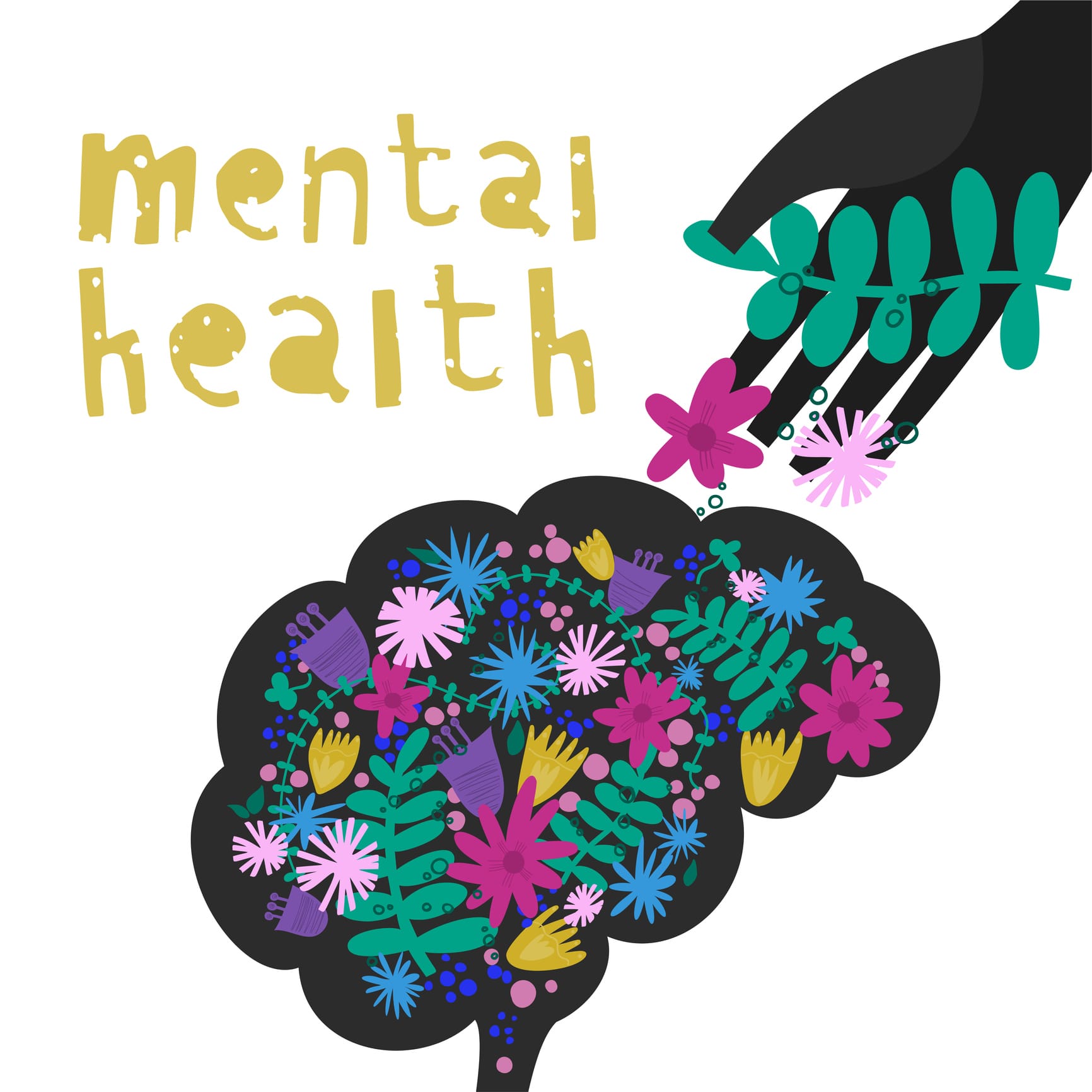Every year, mental illness impacts the lives of millions of Americans. Depression, anxiety, and other serious mental health conditions, such as schizophrenia and bipolar disorder, contribute to homelessness, disability, and billions of dollars in lost earnings.
Every year, mental illness impacts the lives of millions of Americans. Depression, anxiety, and other serious mental health conditions, such as schizophrenia and bipolar disorder, contribute to homelessness, disability, and billions of dollars in lost earnings. Without treatment, relationships suffer, careers are destroyed, and the tasks of daily living become completely unmanageable. Unfortunately, many people fail to get the help they need due to fear, stigma, and lack of understanding.

For the past 70 years, Mental Health America has brought awareness to these issues by designating May as Mental Health Month. The goal of Mental Health Month is to underscore the importance of mental health, reduce the stigma of mental illness, and highlight ways to cope with an existing mental health condition.
The focus of this year’s Mental Health Month is the connection between your overall lifestyle and the state of your mental health. Making healthy choices in day-to-day living and establishing positive habits can boost both your physical and mental wellbeing. Even small lifestyle changes can go a long way in preventing the onset or exacerbation of a mental health condition.
This May, Mental Health America is exploring the following tools and strategies to help you begin your journey toward a healthy lifestyle:
-
Social connections and recreation
Doing things you love to do with people you care about can drastically improve your mental health. Studies have shown people with strong social connections are 50% more likely to live longer than those who are isolated, and people who participate in sports and leisure activities are less likely to develop depression or dementia. Though meeting new people and trying new activities may seem daunting, you can start by joining a recreational sports team, taking a class, or volunteering for a good cause.
-
Humor
When life throws you a curveball, it can be easy to become overwhelmed with anxiety. But over time, stress hormones cause damage to your body and mind. Approaching difficult situations with a sense of humor can help lessen the burden, improving your mood and strengthening your immune system. Make time to laugh each day by reading a funny book, watching a funny TV show, or sharing hilarious anecdotes with friends.
-
Spirituality and religion
There are many interpretations of what it means to be spiritual or religious. Some people pray or read scriptures, while others turn to yoga or meditation to connect with a higher power. Regardless of your preferred method of spirituality, studies have found that people who identify as religious or spiritual have a lower risk of depression, suicidal thoughts, and substance abuse. Establishing a sense of purpose in the world can reduce overall stress levels and improve your mental health.
-
Work-life balance
In our constantly connected world, many Americans deal with their work blurring into their leisure time. But when work dominates so many of your hours, it can cause burnout, a state of mental and physical exhaustion caused by excessive stress – which often leads to mental health conditions, such as depression. It’s crucial to balance your work demands with your health. If you’re feeling burned out, try shifting your hours or occasionally working from home to ensure you get enough downtime.
-
Animal companionship
Pet owners know how much joy and emotional support their animals bring them, and science agrees. Studies show spending time with a beloved pet can decrease stress, lower blood pressure, and combat loneliness. Furthermore, animal-assisted interventions are used in the treatment of some mental illnesses, and have been shown to reduce anxiety, anger, and depression. Adopting a dog or cat for companionship can have a significant positive impact on your overall quality of life.
Alvarado Parkway Institute prioritizes your mental health all year long
If you’re struggling with your mental health, Alvarado Parkway Institute is always here to help. Our mission is to help clients understand their illness and help them manage their symptoms with individualized, comprehensive care. We treat a broad spectrum of mental health conditions, including bipolar disorder, depression, psychosis, and anxiety, as well as dual diagnosis treatment for cooccurring mental illness and addictive disorders.
You don’t have to struggle alone. We can help. Call our 24-hour crisis line at (619) 667-6125 today.
